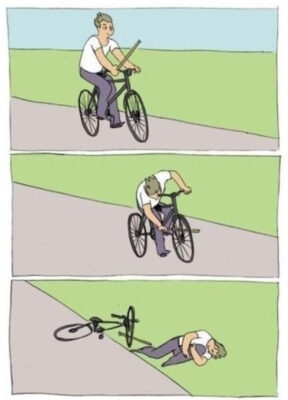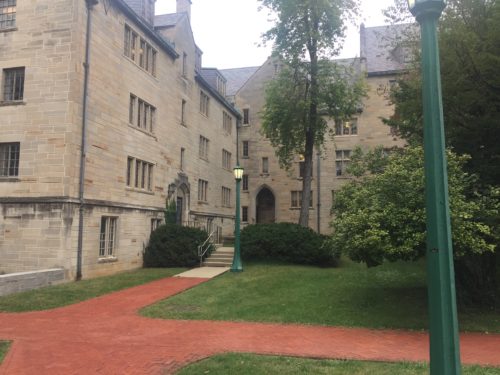In the sixth anniversary post of the blog, I told readers I enjoy writing the annual anniversary post. And it’s true. I do! It’s fun to look back and think about how far the blog has come. We’re well past the half decade point, and we’ve made it through a lot of news and events – a brutal presidential campaign, a pandemic, and what I can only describe as a revanchist response to the cultural politics of the 2010s.
Whew – that’s a lot! Thanks for reading.
I always aim to keep things fresh, and this past year saw the addition of a major new component: the philosophical counseling page. I’ve been accepting clients for a couple of months. Check it out!
I’m also still writing over at Medium.
With all that said, let’s take a look at the data from Base and Superstructure.




